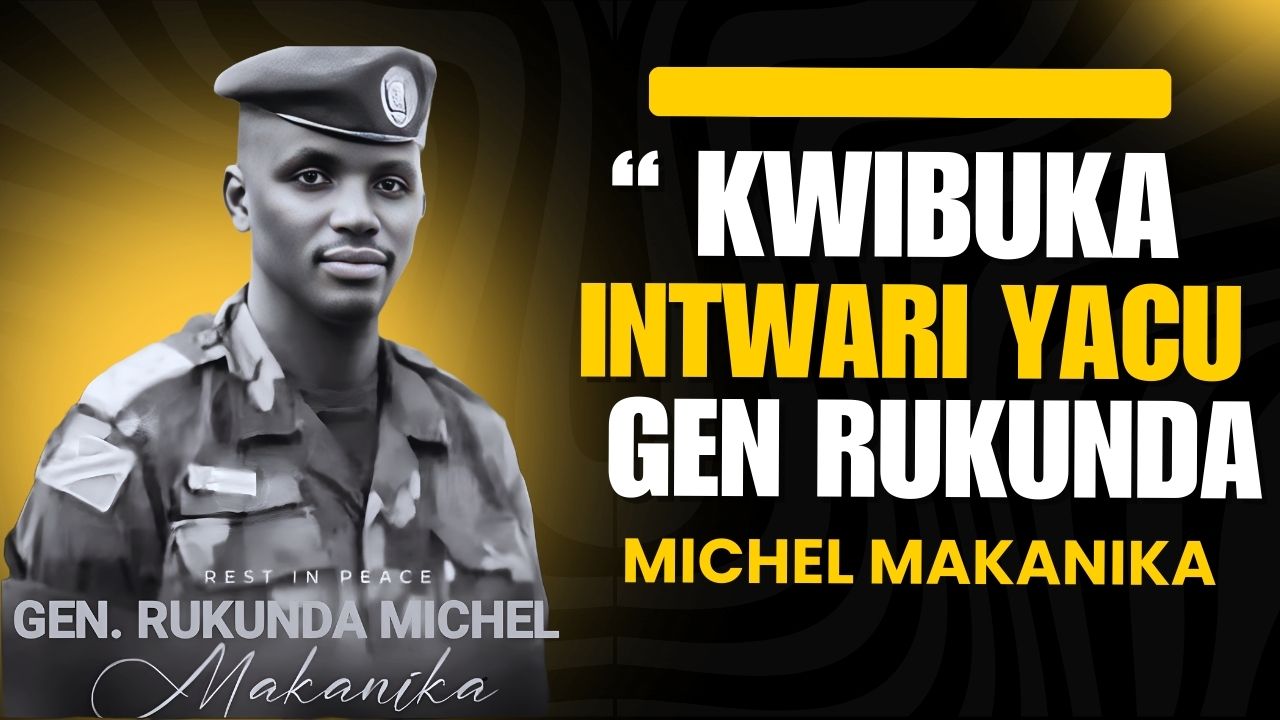Banyamulenge Community in the U.S. Honors General Rukunda "Makanika," the Warrior Who Defended His People.
March 3, 2025

Across different cities in the United States, the Banyamulenge community gathered to remember and honor one of their greatest warriors, General Rukunda Michel, famously known as Makanika. His story is one of courage, sacrifice, and unwavering commitment to defending a people whose cries for help had long been ignored.
Makanika was not just a soldier. He was a man who chose justice over comfort, sacrifice over silence. A high-ranking officer in the Democratic Republic of the Congo (DRC) military, he made a decision that few would dare to make. He left his post in the national army to fight for his own people when they were on the brink of annihilation. As the
Banyamulenge faced massacres orchestrated by government-backed militias and hostile armed groups, Makanika refused to stand by and watch. He took up arms, not for personal gain, but to protect the innocent, including children, women, and elders, who were being slaughtered simply for existing.
Those who gathered to commemorate him in the U.S. spoke of a leader who did not see war as an opportunity but as a painful necessity. “He had everything, a position in the military, stability, but he chose to defend us when no one else would,” said one attendee, their voice filled with emotion. “Makanika did what the world refused to do. He stood up for the Banyamulenge when we were being erased.”
For years, the Banyamulenge, an ethnic Tutsi minority in the DRC, have faced targeted violence, displacement, and systematic attacks. In a world where their suffering was overlooked, Makanika became a symbol of resistance and survival. His leadership in the highlands of South Kivu was not just about fighting battles. It was about preserving a people who had been forsaken by their own country.
Even in exile, the memory of Makanika continues to inspire the Banyamulenge diaspora. “He gave us hope,” another community member shared. “He proved that we are not forgotten, that we have warriors among us who will never let us disappear.”
The commemoration events included prayers, speeches, and a renewed call for justice. The focus was not just on remembering Makanika but also on continuing the fight for the rights and safety of the Banyamulenge people. The community vowed to keep his legacy alive, ensuring that his sacrifice was not in vain.
Makanika’s story is more than a tale of war. It is a lesson in bravery, in choosing humanity over allegiance, in refusing to let history erase an entire people. As his name was spoken with reverence across the U.S., one truth was undeniable. Heroes do not die. They live on in the cause they fought for.
By David Manoa, Imurenge.com


